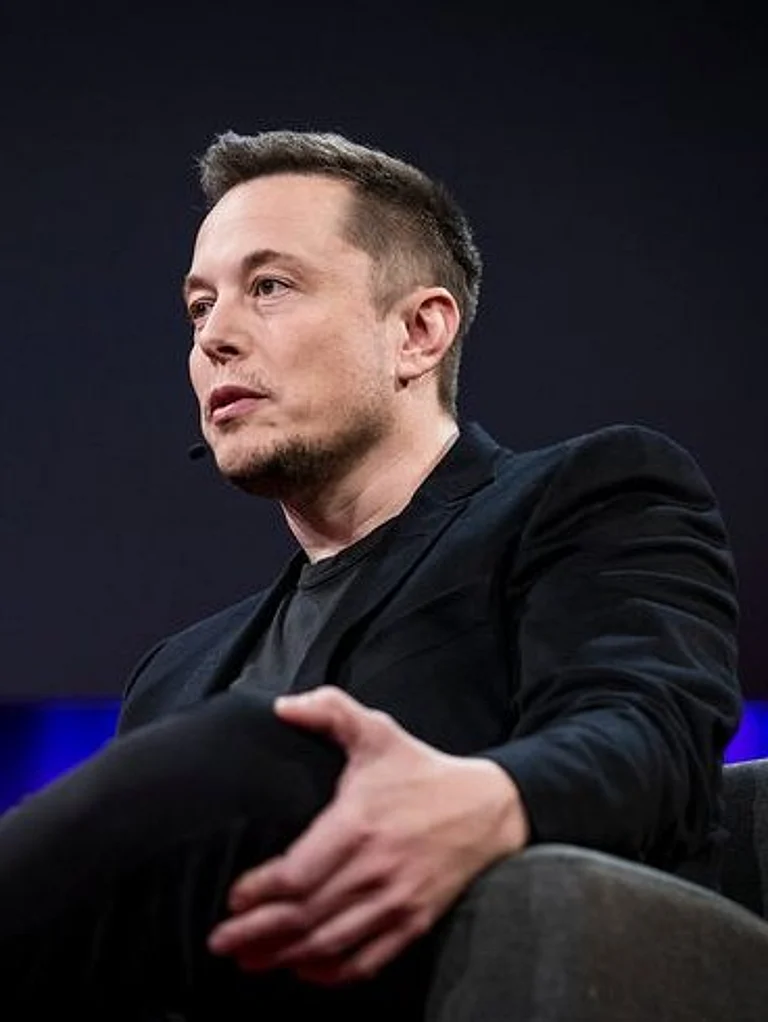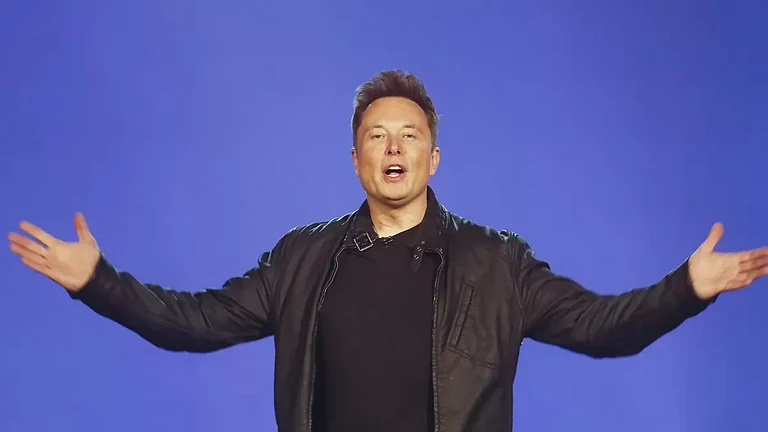
Tesla's profit dropped to $1.4 billion despite a 7.5% rise in quarterly deliveries
Fourth consecutive quarter of weaker earnings
Operating expenses jumped 50% to $3.4 billion; tariffs cost $400 million
US automaker Tesla reported a sharp drop in profit on Wednesday, despite higher vehicles sales in the past three months. This marked the fourth consecutive quarter in which the Elon Musk-led company witnessed a slump in profit.
The automaker reported third-quarter earnings of $1.4 billion or 39 cents per share, down from $2.2 billion or 62 cents per share in the same period last year. Its revenue climbed to $28.1 billion between June and September.
However, Tesla’s adjusted earnings came in at 50 cents per share, a drop from 72 cents a year ago. Analysts had predicted 54 cents on average in estimates compiled by Bloomberg.
Its operating expenses surged 50% to $3.4 billion during the same quarter, while US tariffs alone shaved an estimated $400 million off its earnings. Its share price dropped over 3.5% after the announcement of financial results.
“We are left with this lingering uncertainty regarding what the near-term growth drivers will be,” said Garrett Nelson, senior equity research analyst at CFRA, as quoted by Bloomberg.
Musk on Humanoid Robots
During the third-quarter earnings call, Musk shifted focus to his grand but hazy ambitions – from humanoid robots to AI-driven projects. He urged investors to support his trillion-dollar pay plan.
Yet, he shared little about how Tesla plans to revive its core electric vehicle business, which has seen a 40% slump in operating profit. Musk has long touted a future powered by artificial intelligence, robotics, and self-driving tech.
But with mounting questions about timelines, execution costs, and profitability, the company’s latest report offered a few concrete answers. “The market’s realising Tesla trades like an AI platform, but reports like a carmaker,” said Haris Khurshid, chief investment officer at Karobaar Capital, as quoted by Bloomberg.
The billionaire has spent a significant portion of the earnings call talking about Tesla’s upcoming humanoid robot product ‘Optimus’. He believes that Optimus has the potential to be the “biggest product of all time”, while saying it would be “incredibly difficult to bring to market”.
While pointing to Optimus, Musk urged stakeholders to approve his massive compensation plan, which would grant him greater voting power at the company. The billionaire argued that he is reluctant to invest heavily in developing a “robot army” if there’s a chance he could lose control of Tesla down the line.
Tesla Sales Growth
Earlier this month, Tesla reported a “massive bounceback” in its vehicle sales for the third quarter of 2025, as quarterly deliveries rose 7.5% year-on-year to 497,099 vehicles. This exceeded market expectations of 447,000 units, according to US brokerage firm Wedbush. The company delivered 100,000 more cars compared to the earlier quarter.
“The company saw a solid rebound in China while experiencing incremental strength in the US, as Tesla benefited from a pull-forward in demand with EV tax incentives ending,” the brokerage said in a note.
Most analysts attribute the sales jump to the US government’s move to end a $7,500 electric vehicle tax credit on October 1. The credit, introduced during the Barack Obama era, had made EV prices comparable to petrol or diesel cars. The Trump administration had proposed ending the credit as part of wider changes to green transition incentives.
For Tesla, the tax credit expiration provided temporary relief as buyers rushed to purchase cars before it expired. This surge helped offset some of the sluggish sales caused by weak consumption in China and a reported boycott in Europe and US earlier.

































